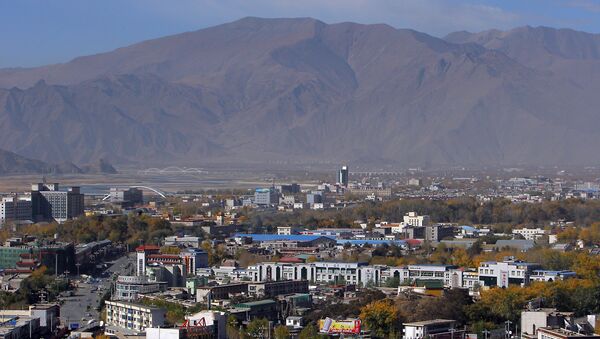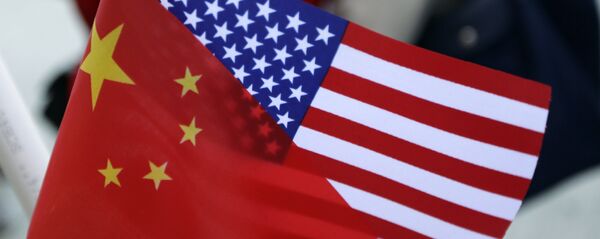Some Western officials and scholars deliberately mislead people and ignore the precondition when talking a lot of nonsense on the Tibet question. By doing so, they are actually banging the drum for separatism.
Days before the upcoming 60th anniversary of the democratic reform in Southwest China's Tibet Autonomous Region, some Western media outlets couldn't help but bring up the topic again by smearing the Chinese central government's policies on Tibet. The Voice of America (VOA) quoted the International Tibet Network — so-called Tibet monitoring groups composed of separatists who regard Tibet as an occupied country — as saying that "China has ridden roughshod over the human and political rights of citizens under its rule for far too long."
Based on this, they selectively forget the real-world hell where Tibet people lived under the rule of the Dalai Lama six decades ago. "[Before the democratic reform in Tibet in 1959,] modern medicine was forbidden… The sick were typically treated with a gruel of barley meal, butter and the urine of a holy monk. Life expectancy was 36 years," Time magazine reported on March 7 after an interview with the Dalai Lama.
That nightmare stopped after the democratic reform ended the cruel serfdom and liberated 1 million Tibetan serfs, or more than 90 percent of the region's population at that time. Life expectancy had risen to nearly 70 years in 2016. How can life expectancy have roughly doubled if human rights in Tibet were "ridden over?"
Out of thin air, VOA added "Tibet's unique cultural heritage and language are slowly fading away," implying Chinese authorities are conducting cultural genocide to maintain their control over Tibet. However, the truth is Tibetan language and culture are valued and protected by the government. The Chinese government is promoting bilingual education at Tibetan schools.
Turning a blind eye to the fact that Tibet is a part of China, Western media fail to show the world the real, prospering Tibet.
This article was originally published in Global Times.




